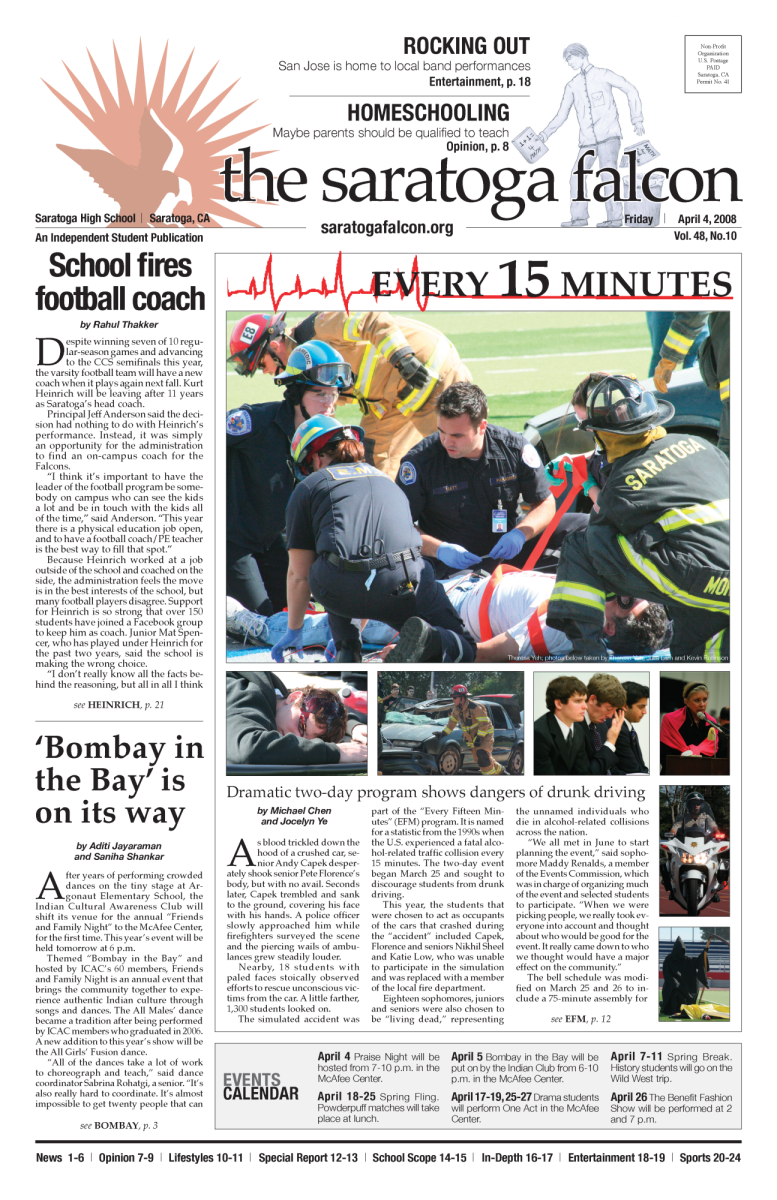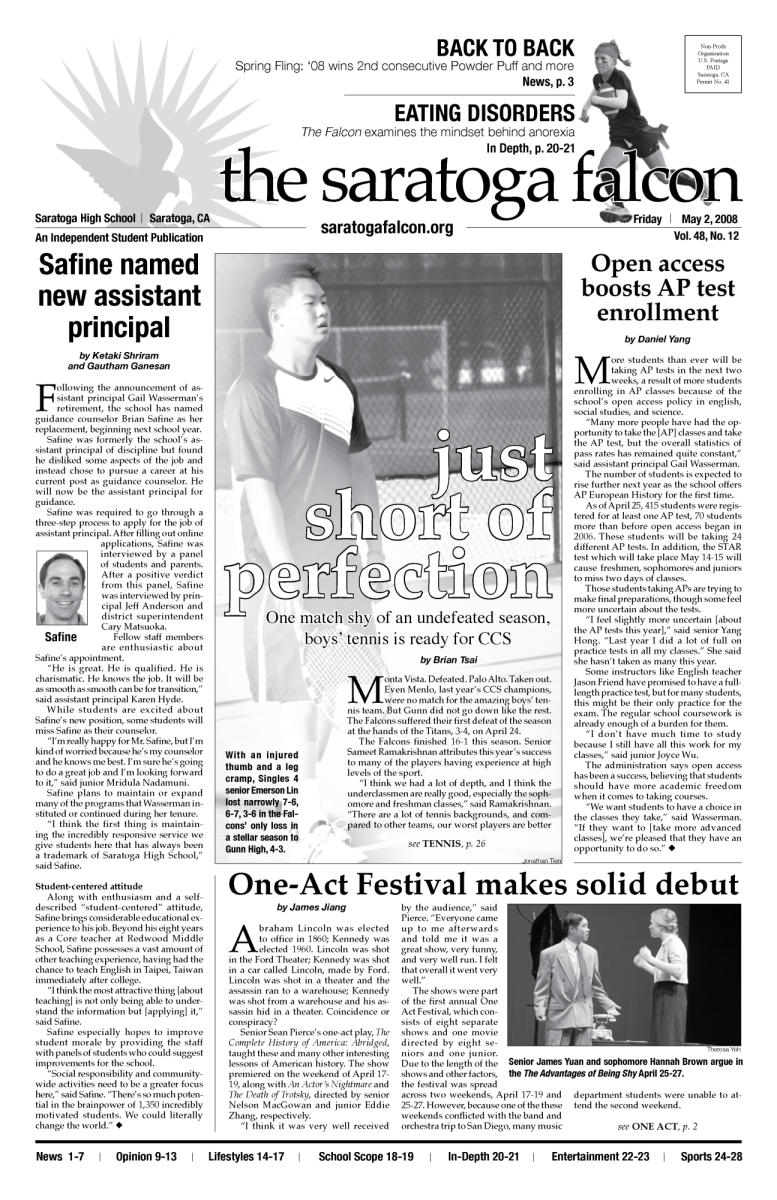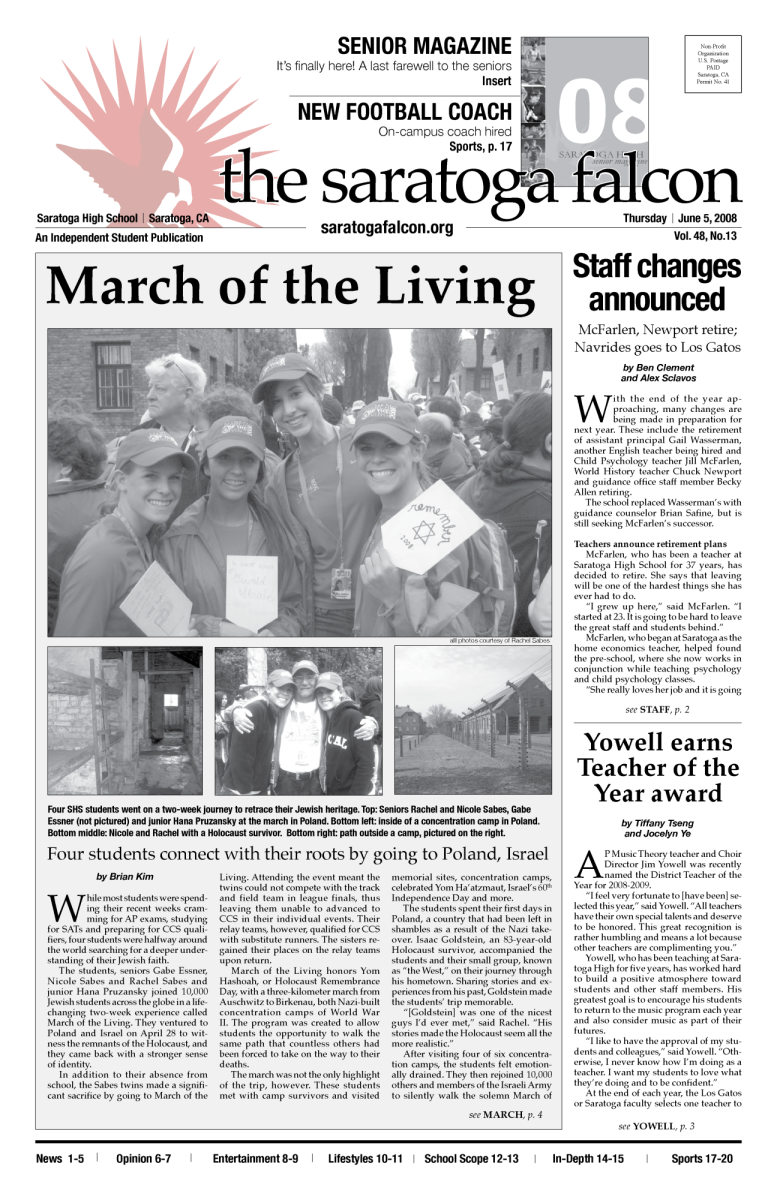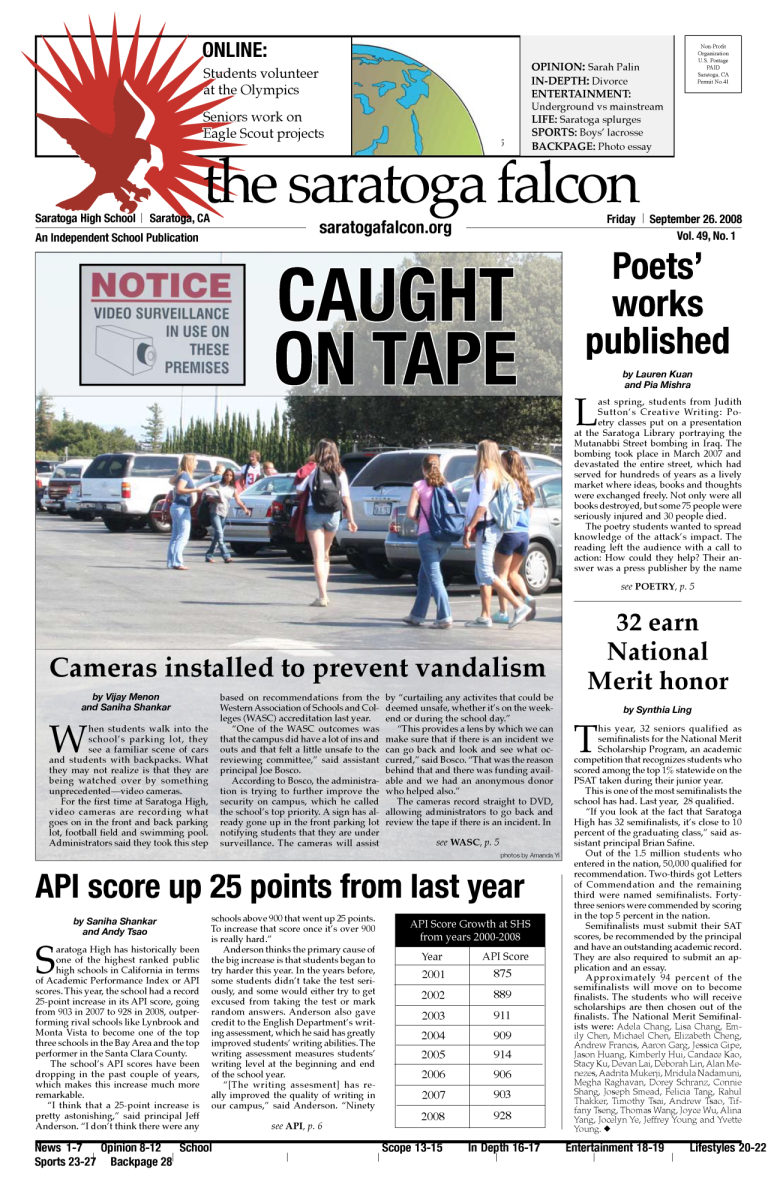College Board will administer nine Advanced Placement (AP) exams digitally starting May 2025. Another six AP exams will be transitioned from the current on-paper format to a digital format in 2026.
The 2025 digital AP exams include: AP African American Studies, AP Computer Science Principles, AP English Language and Composition, AP English Literature and Composition, AP European History, AP Psychology and AP Seminar, AP United States History and AP World History: Modern. In 2026, the following AP exams will go digital: AP Art History, AP Comparative Government and Politics, AP Computer Science A, AP Human Geography, AP Latin and AP United States Government and Politics.
For 2024, CollegeBoard is offering schools the option of piloting the digital format or sticking to traditional paper and pen for the aforementioned 2025 digital-only exams aside from AP Psychology.
Saratoga High piloted AP English Literature and Composition as well as AP English Language and Composition online in 2023. This year, assistant principal Abra Evanoff said the school will continue to administer the two English tests in a digital format and add AP European History and AP United States History into the digital mix.
“I was impressed by their integration of the platform, we had limited issues,” Evanoff said. “We’ve had wonderful technological help from our tech department and they set up for success well.”
Students have displayed mixed reactions to College Board’s decision. Junior Leonardo Jia voiced support for the digitization of AP exams, arguing that as education increasingly goes online, the AP tests should follow suit.
“Digital is the future,” Jia said. “It’s less tedious because writing just takes more effort and more time than typing. So if you’re doing, for example, the [AP Language and Composition] exam in your senior year, being able to type out your FRQ responses smooths out and speeds up that process.”
However, the shift has meant students are changing the way they prepare for tests. Jia has begun to alter his preparation methods by prioritizing example assignments and problem sets online rather than ones on paper. He also has begun to utilize more online resources like online videos.
Ultimately, Jia thinks the change will not dramatically impact his testing performance.
“I think in a testing environment, I do about the same since it’s limited to one screen so I won’t get distracted regardless,” Jia said. “But I think that it may have an impact on focus studying since people are going to be studying on a computer more often, leading to more distractions.”
The only exception Jia pointed out is in Math-related AP tests, where he sees potential difficulties in showing his work in a digital format.
Junior Ashish Goswami noted he has begun changing his study habits to adjust to the new format by practicing free-response questions for AP United States History on Google Docs rather than on paper.
Goswami isn’t happy about the change to the digital format, saying it is unnecessary as the “pencil and paper format is so tried, tested and well known.”




























